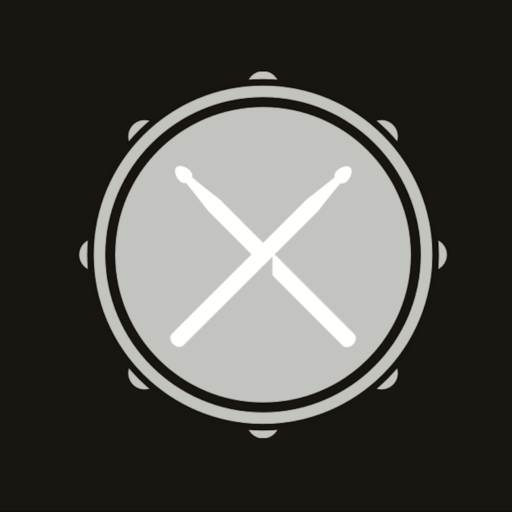Below I discuss three platforms designed for musicians to launch their NFTs:
- Opulous
- RCRDSHP
- DistroKid
Opulous
Opulous is the first platform to launch music copyright NFTs with royalties built in. When a fan buys music as an NFT, Opulous gives that fan the opportunity to earn a share of the royalties.
This gives fans a share of a track’s success if the track proves popular and makes money. Fans can earn revenue via a royalty when a song is streamed.
Sounds great, right?!
An example of a famous artist using this technique is Lil Pump who’s partnered with Opulous to let fans invest in his music. Lil Pump used his song Mona Lisa to start an NFT project, offering users the ability to invest directly in his music for as little as $100 via the Republic platform.
Republic have formed a new platform and partnered with Opulous, enabling musicians create, produce and share royalties from music through NFTs. Republic have also created security NFTs (S-NFTs) to represent the investments fans make in artists’ songs and albums and are aimed at giving fans the opportunity to share the rights to artists’ royalties.
Shares in Mona Lisa went on sale on 4th November 2021 and within just two hours of their availability, the track reached its maximum funding goal, selling out at $500,000 to 927 investors. Every time the song is streamed, played on the radio, used on TV, in movies or video games, the investors will receive royalties. Having this connection to benefit fans, builds relationships which is very important for musicians.
That, in my opinion, is a successful business.
RCRDSHP
RCRDSHP explained:
RCRDSHP (pronounced “record shop”) is a curated digital collectibles platform, built by and for the electronic music industry, and validated by technologies like the blockchain and non-fungible tokens.
Most other platforms are based on auctions or fixed-price sales, but RCRDSHP surprises and delights by curating and dropping digital ‘packs’ of amazing content.
RCRDSHP packs contain music tracks, mixtapes, video clips, static visuals, and many more multimedia collectible goodies from the top brands in the industry.
The Wyoming-based company are trying to digitise production, offering digital replicas of collectibles and artist merch in a form that can be monetised, as well as providing an alternative for artists who might be used to earning low streaming royalties.
Here’s RCRDSHP’s take on the next digital music revolution:
RCRDSHP is building robust new solutions designed to address and improve existing music distribution systems’ many weaknesses and perverse incentives and realign them in favor of working musicians and passionate fans by cleverly applying game mechanics and new blockchain technologies.
As our first step, we are establishing a global platform for trading music and music-related digital collectibles.
In batches, RCRDSHP drop a bunch of NFTs, which originally cost $9 but have now risen, from a range of artists, labels and festivals.
Their first drop, called GENESIS, was on 17th August 2021 and featured brand-new collectible designs. There were 4,444 packs altogether and each was guaranteed to contain one artist (worth 10 coins), one label (5 coins), one signature series artifact (3 coins), and a creator content collectible. Their next drop was on 25th August. Both drops were very successful, selling out within two hours.
Mark Knight (DJ), Mobilee Records, and Sharam Jey (record producer) are among the first artists to release exclusive content and collectibles, inside digital pack drops with RCRDSHP.
DistroKid
You may have already heard about DistroKid but if not, I’m about to explain…
DistroKid is an independent, digital music distribution service that allows musicians to share their music to many streaming platforms in one place. It removes the need to put a song out on Spotify, Apple Music and other platforms separately.
How have DistroKid moved into the NFT space?
They’ve launched their own individualised, carbon-neutral NFT collection called Sellouts which is free for musicians and allows them to create and sell their NFTs.
However, there are only 10,000 available spaces to do this so it’s a competitive business.
The musicians who manage to weave their way into this will be able to earn money every time their NFT is bought or sold – they’ll receive 80% from their first sale and 10% from resales and these will go into their DistroKid Bank.
You, the musician, can customise the DistroKid logo in a number of ways. The logo may also feature an artist’s album cover. You then get to choose which song or album in your catalogue you want represented in the NFT, and have the option to include the work’s title at the bottom of the screen.
